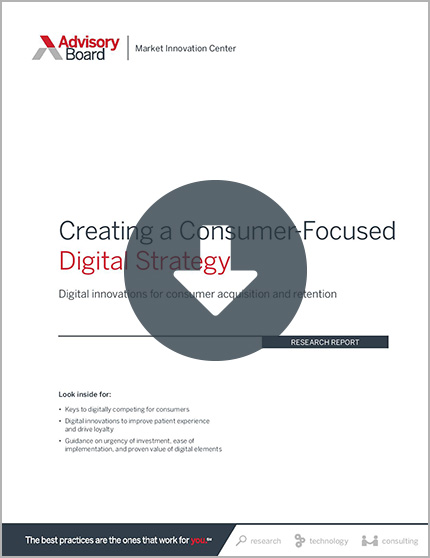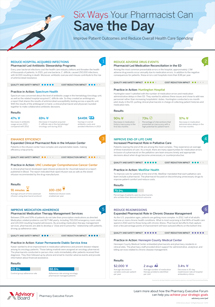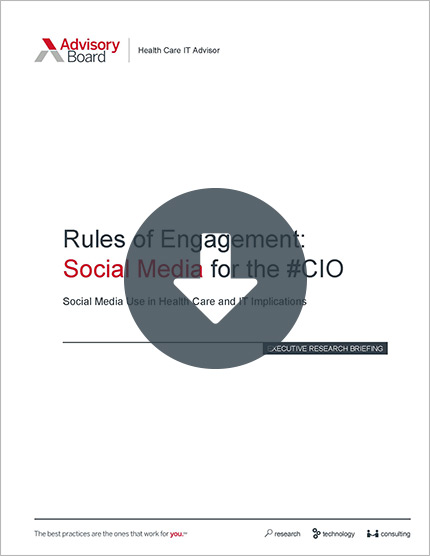Auto logout in seconds.
Continue LogoutDrugmakers increasingly are adopting a new marketing strategy to promote their products on social media—but some experts say the rise of the so-called "patient influencers" raises ethical concerns.
Learn more about social media's role in health care
How it works
It's not uncommon for drugmakers and other companies to team up with celebrities or prominent industry professionals with large social networks to tout their products on Twitter, Facebook, and other social media platforms.
But more recently, drugmakers have sought out a different type of influencer: people, commonly patients, who have a small but dedicated online following who can promote products to a targeted audience. The demand for these patient influencers has given way to a new industry within health care: companies that connect drugmakers with the right influencer for their product.
Jack Barrette—founder and CEO of Wego Health, which STAT News reports is the largest of these companies—said Wego typically helps drug companies find patients rather than patients find drug companies. "We tend to start with, 'This is a very influential person, now let's see what about your product is relevant or not and then we'll see if they'll work with you," he said.
For the most part, Barrette said Wego's work is on Facebook. "The platforms [Wego uses] include, probably in rank order, Facebook is far and away the most active community—even for serious health issues. ... Then you've got Instagram, Twitter, also very important, and then other platforms in descending order from there."
A big return for drug companies
Barrette said it has "become obvious … that micro-influencers, folks with smaller communities can have a dramatic impact on people's behavior," and drug companies are trying to capitalize on that trend.
For example, Sunovion saw its earned media impressions—a common metric used in marketing—increase from fewer than 100,000 impressions to over 13.2 million after using Wego, according to Paul Murasko, the company's former senior marketing director.
Sunovion also found that 87% of people who saw an influencer share information about a Sunovion product asked their health care provider about it, which Murasko said often led to a prescription.
Sunovion also received valuable feedback about the drug from patients. According to STAT News, patient influencers are paid for posting about a product, and for bringing feedback to drug companies. "A lot of my work over the last four years with patient influencers has been in using them as market research, using them as advisers," Murasko said.
Danny Sands—chair of the board for the Society for Participatory Medicine, a nonprofit that aims to empower patients and providers—said using patient influencers to collect feedback helps them to address "a blind spot—the patient's perspective." He said drug companies typically "don't know what it's like to be taking the medications. What do the side effects really feel like?"
And for all the return drug companies receive, the investment is small, Murasko said, explaining that drug companies are "putting in single-digit percentages" of their budgets to pay patient influencers. "We're talking 2, 3%," he said.
'A myriad of ethical issues'
According to STAT News, the Federal Trade Commission has the ability to shut down influencers who fail to disclose their financial connections to an advertiser for most over-the-counter products. However, it's a different story when it comes to pharmaceuticals, STAT News reports.
Influencers advertising an FDA-approved drug are required to list a large amount of information regarding the products' risks. Kim Kardashian West in 2015 failed to adhere to those requirements when promoting Diclegis—a drug used to treat morning sickness—and as a result, FDA sent the drugmaker a warning letter asking Kardashian West to remove the posts. But there's a loophole, if an influencer is promoting awareness of a condition rather than a specific product, they're under no obligation to disclose their ties to a drug company, STAT News reports.
Some experts argue that influencers should be viewed as another form of advertising. Lisa Gualtieri, an assistant professor at Tufts University's school of medicine, said there are "a myriad of ethical issues around this," adding, "What's the responsibility of various stakeholders to educate people that [products are] potentially dangerous and harmful?"
Ellen Coleman—president and CEO of Voz Advisors, another influencer company like Wego—recognized "[t]here are still a lot of questions about how a company can do this in a compliant way, particularly in Europe and jurisdictions where there is no direct-to-consumer advertising allowed."
Barrette said Wego attempts to address these issues by providing educational programs to influencers that teach them what constitutes giving medical advice. "We're definitely advising them on how to stay on the right side of that line, but day to day we're not kind of looking at folks and saying, are you crossing it or not," Barrette said (Sheridan, STAT News, 11/13; Baker, "Vitals," Axios, 11/14; Cook, Becker's Hospital Review, 11/13).
Learn more about social media's role in health care
Today, health care providers have an online reputation to uphold (whether they want to or not), and face an expectation that they will keep up with their patients' preferred means of communication.
This research briefing provides an overview of the social media landscape, explains the role of social media in health care, and addresses additional considerations regarding return on investment, staffing models, and IT implications for the CIO.
Don't miss out on the latest Advisory Board insights
Create your free account to access 1 resource, including the latest research and webinars.
Want access without creating an account?
You have 1 free members-only resource remaining this month.
1 free members-only resources remaining
1 free members-only resources remaining
You've reached your limit of free insights
Become a member to access all of Advisory Board's resources, events, and experts
Never miss out on the latest innovative health care content tailored to you.
Benefits include:
You've reached your limit of free insights
Become a member to access all of Advisory Board's resources, events, and experts
Never miss out on the latest innovative health care content tailored to you.
Benefits include:
This content is available through your Curated Research partnership with Advisory Board. Click on ‘view this resource’ to read the full piece
Email ask@advisory.com to learn more
Click on ‘Become a Member’ to learn about the benefits of a Full-Access partnership with Advisory Board
Never miss out on the latest innovative health care content tailored to you.
Benefits Include:
This is for members only. Learn more.
Click on ‘Become a Member’ to learn about the benefits of a Full-Access partnership with Advisory Board
Never miss out on the latest innovative health care content tailored to you.



